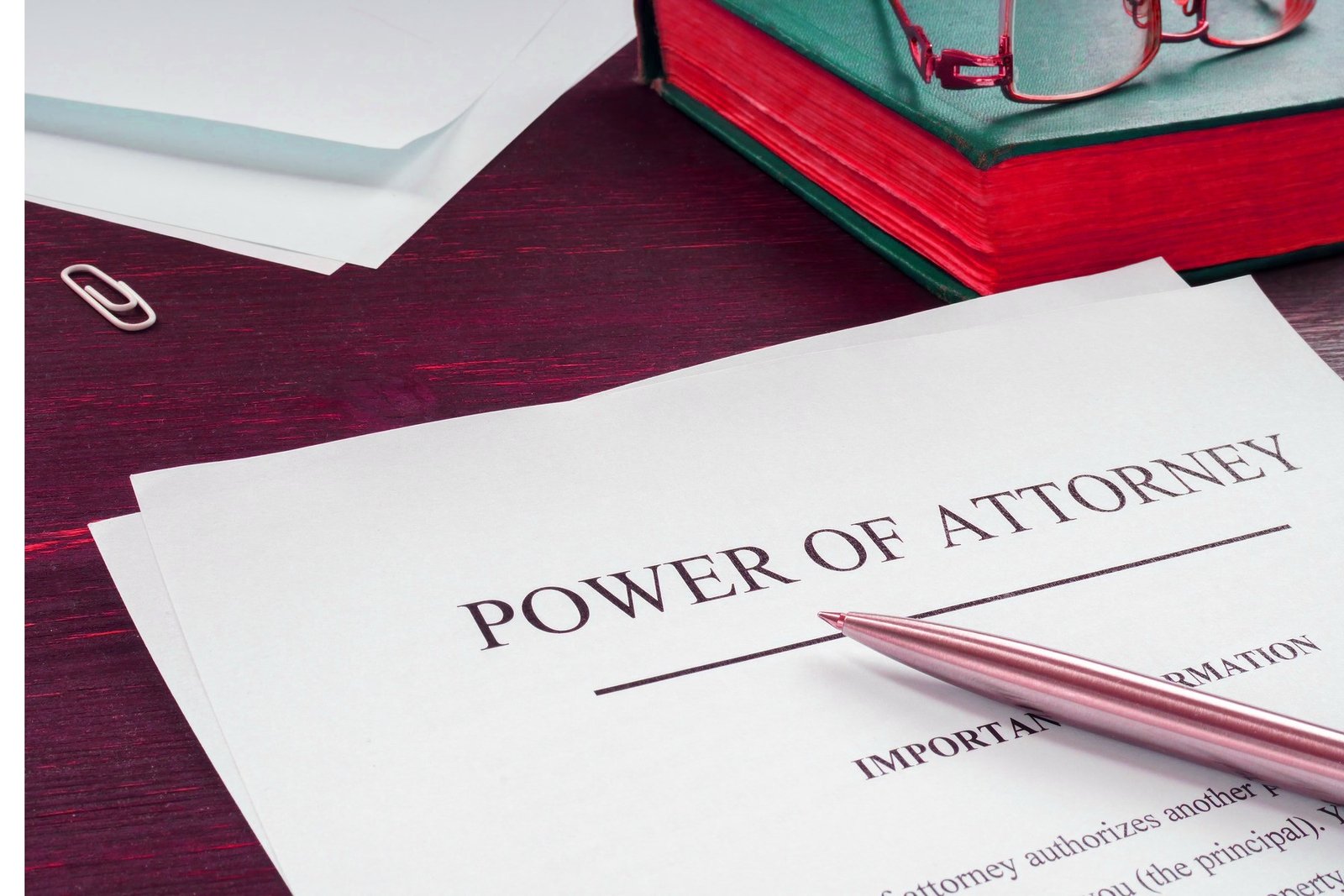Commercial Litigation: Strategies for Success
Commercial litigation requires strategic approaches for success. Discover essential strategies to navigate disputes effectively.

A significant part of the corporate world, commercial litigation deals with conflicts that occur in commercial settings. Whether you own a little business or a major corporation, protecting your interests and getting the results you want can depend on your awareness of the ins and outs of commercial litigation. This type of litigation covers a wide range of situations, including intellectual property disputes, antitrust proceedings, contract disputes, and commercial torts. The results can have a major effect on a company’s operations, finances, and reputation, and the stakes are frequently high.
It takes a strategic strategy and a deep comprehension of both legal principles and real-world business issues to navigate commercial litigation. We’ll explore the key tactics for winning business lawsuits in this piece, offering insights into pre-litigation preparation, the litigation procedure, and post-trial issues. By the time it’s over, you’ll know enough to tackle business conflicts with assurance and a well-defined strategy.
Commercial Litigation
What is Commercial Litigation?
Commercial litigation refers to legal disputes involving business entities. These disputes can arise from a variety of issues, such as breaches of contract, intellectual property conflicts, or regulatory compliance issues. Unlike criminal litigation, commercial litigation typically involves private parties seeking monetary compensation or specific performance.
Pre-Litigation Strategies
Early Case Assessment
Before diving into litigation, it’s essential to conduct an early case assessment. This involves evaluating the facts, understanding the legal issues at stake, and assessing the potential outcomes. Identifying the strengths and weaknesses of your case early on can save time and resources.
Negotiation and Settlement
Often, the best outcome for a commercial dispute is a negotiated settlement. Settling early can avoid the costs and uncertainties of a trial. Successful negotiation requires a clear understanding of your objectives, a willingness to compromise, and a keen sense of timing.
Alternative Dispute Resolution (ADR)
Alternative Dispute Resolution (ADR) methods like mediation and arbitration can be effective ways to resolve disputes without going to court. Mediation involves a neutral third party helping the disputing parties reach a mutually acceptable agreement. Arbitration, on the other hand, involves a binding decision from an arbitrator after hearing arguments and evidence from both sides.
Building a Strong Case
Gathering and Preserving Evidence
Evidence is the backbone of any legal case. It’s crucial to gather all relevant documents, communications, and other forms of evidence early on. Preserve digital and physical evidence meticulously to prevent it from being challenged or dismissed in court.
Developing a Legal Strategy
A sound legal strategy involves more than just knowing the law; it requires a deep understanding of the facts, the ability to anticipate the opposing party’s arguments, and the skills to present your case compellingly. Crafting persuasive case theories and aligning them with the evidence is key.
Choosing the Right Legal Representation
Selecting a skilled commercial litigator can make a significant difference in the outcome of your case. Look for an attorney with experience in similar cases, a track record of success, and the ability to communicate effectively with you.
The Litigation Process
Pleadings and Motions
The litigation process begins with the filing of pleadings. This includes the complaint filed by the plaintiff and the answer filed by the defendant. During this stage, motions may be filed to dismiss the case, compel discovery, or resolve other procedural issues.
Discovery Phase
Discovery is a critical phase where both parties exchange information relevant to the case. This includes interrogatories (written questions), depositions (oral questioning under oath), and the production of documents. Managing discovery effectively is crucial for uncovering key evidence and building a strong case.
Pre-Trial Preparation
As the trial date approaches, thorough preparation is essential. This includes reviewing all evidence, preparing witnesses, and developing a clear narrative for the case. Conducting mock trials can be an effective way to anticipate potential issues and refine your arguments.
Trial Strategies
Presenting Your Case in Court
In court, the presentation of your case begins with opening statements, where both parties outline their positions. This sets the stage for the trial and provides the judge or jury with a roadmap of what to expect.
Cross-Examination Techniques
Cross-examination is a critical part of the trial process. It’s an opportunity to challenge the credibility of the opposing party’s witnesses and to strengthen your case. Effective cross-examination requires careful preparation and strategic questioning.
Closing Arguments
The closing argument is your last chance to persuade the judge or jury. It’s essential to summarize the key evidence, reinforce your case theories, and make a compelling argument for the desired outcome.
Post-Trial Considerations
Appeals Process
If the trial’s outcome is unfavorable, you may consider an appeal. An appeal involves reviewing the trial court’s decision for legal errors. Grounds for appeal can include procedural mistakes, misinterpretation of the law, or insufficient evidence to support the verdict.
Enforcement of Judgments
Winning a judgment is one thing; collecting on it is another. Enforcement can involve garnishing wages, seizing assets, or other legal methods. Understanding the available enforcement options and strategies is essential for securing the awarded judgment.
Read More: Mental Health Support in General Practice: What to Expect
Conclusion
Combining strategic vision, legal expertise, and painstaking preparation is necessary to navigate business litigation successfully. Every stage is crucial, from evaluating the case and considering settlement possibilities in the early going to making strong arguments in court and comprehending the post-trial processes. Due to the complexity of commercial disputes, a thorough strategy that takes into account the business and legal ramifications is necessary to safeguard your interests and position you for success.
Combining strategic vision, legal expertise, and painstaking preparation is necessary to the navigate business litigation successfully. Every stage is crucial, from evaluating the case and considering settlement possibilities in the early going to making strong arguments in court and comprehending the post-trial processes. Due to the complexity of commercial disputes, a thorough strategy that takes into account the business and legal ramifications is necessary to safeguard your interests and position you for success.
FAQs
What should I do if I am sued for commercial litigation?
If you’re sued, the first step is to consult with an experienced commercial litigator. They can help you understand your legal rights and options. It’s also crucial to preserve all relevant documents and avoid communicating with the opposing party without legal counsel.
Can I handle a commercial litigation case without a lawyer?
While it’s possible, it’s not advisable. Commercial litigation can be complex, involving intricate legal issues and procedures. An experienced attorney can help navigate these complexities and improve your chances of a favorable outcome.
How long does the commercial litigation process typically take?
The duration of commercial litigation can vary widely depending on the complexity of the case, the jurisdiction, and the court’s schedule. It can take anywhere from several months to several years to reach a resolution.
What are the costs associated with commercial litigation?
Costs can include attorney fees, court fees, expert witness fees, and costs related to discovery and trial preparation. The total cost can vary significantly based on the case’s complexity and length.
Can a commercial litigation case be settled out of court?
Yes, many commercial litigation cases are settled out of court. Settlement can save time and money and provide a more predictable outcome. It’s often beneficial to explore settlement options at various stages of the litigation process.











